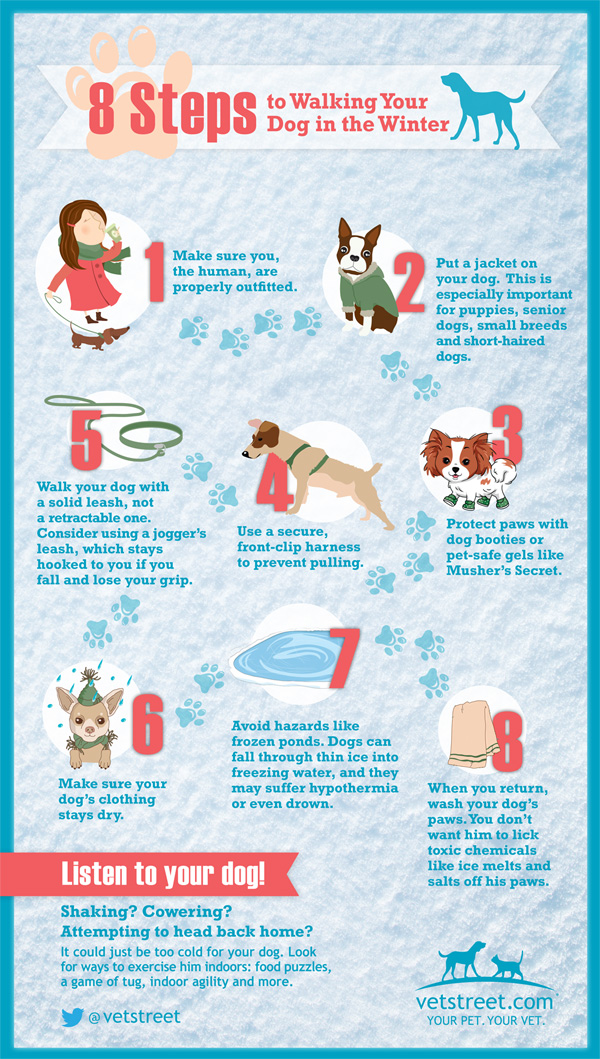Canines in daycare receive great deals of workout, socialization with other pets and one-of-a-kind experiences. This can be specifically practical for young puppies and dogs with behavior problems.
There are a number of legal factors to consider you require to take into account when starting a doggy day care service. These consist of the framework of your organization and conformity with federal government regulations.
1. Canine Distemper
Canine distemper is spread through direct contact with the bodily fluids and waste of a contaminated dog, but it can also be transmitted through shared water and food bowls or through airborne droplets. This highly contagious illness is most dangerous for puppies, but it can impact dogs of any age and is fatal for most if left untreated.
Initial symptoms of canine distemper frequently imitate a common cold, including runny eyes and nose with watery or pus-like discharge. As the disease proceeds, a pet dog will certainly establish high temperature, coughing, minimized cravings, throwing up and looseness of the bowels. The infection can likewise assault the nerve system, leading to seizures, jerking and partial or total paralysis.
Credible day cares minimize direct exposure to infection by needing vaccinations, routine health examinations and follow strict hygiene protocols. If your dog appears extremely weary or hopping, a day of rest may help him recover, but you should avoid taking him back to childcare till these signs improve.
2. Kennel Cough
Kennel cough, also called contagious canine tracheobronchitis or Bordetella, is an extremely contagious viral or bacterial condition that impacts the breathing tract. It's generally moved with the exchange of saliva or air droplets that an unwell pet dog breathes out. Social canines are at higher threat for infection as a result of their regular interaction with each other, such as when they play, share food or water, smell each other or just meet in a jampacked setting like a canine park or daycare.
One of the most typical sign of kennel cough is a consistent and forceful coughing that seems like something stuck in the throat or retching. Frequently, dogs will certainly spend frothy white phlegm. If left untreated, a pet can establish pneumonia and be at significant threat forever.
A reliable daycare center must have strict cleansing and cleanliness procedures, sanitize all playthings, food and water bowls frequently, and be open about their inoculation plans. Keeping your pet as much as date on their inoculations, particularly for bordetella and canine influenza, will substantially minimize their chances of getting the disease.
3. Parvovirus
Canine parvovirus, or parvo, is a very infectious viral ailment that can be dangerous for young puppies and young adult pet dogs with poor body immune systems. It's most typically spread out by direct contact with infected pet dog feces-- which can happen when pets sniff, lick, or preference contaminated feces-- and indirectly from contaminated individuals, objects, or settings (like kennels, grooming areas and lawns). Pups and canines without dog board near me full vaccination backgrounds are especially at risk to parvo.
The virus is exceptionally durable, surviving in the setting for up to 9 years, and can easily be moved between canines by call with feces or on footwear, clothes, and bed linens polluted with parvovirus. Otherwise treated quickly with IV fluids, electrolyte equilibrium, vomiting control drugs and antibiotics to avoid secondary bacterial infections, a pet will rapidly dry out and develop serious diarrhea, which causes shock and sepsis. Parvo is challenging to heal once a pet dog has actually become ill, yet with appropriate vet care, lots of puppies do endure this ailment.
4. Dog Flu
Canine influenza virus is extremely transmittable and spreads through straight call, sharing food and water bowls, licking or nuzzling other pets, through air-borne droplets, and with infected surfaces. Inoculation is effective in decreasing the threat of infection and outbreaks.
A lot of affected canines create a mild breathing infection with a coughing that lasts 1-3 weeks. They may also have nasal and ocular discharge, sneezing, and sleepiness. Some of one of the most significant cases lead to pneumonia and a high fever.
If your pet exhibits any of these signs and symptoms, do not bring them back to childcare until they are healthy and balanced. If your pet is showing indications of severe exhaustion or limping, talk with your vet as soon as possible and see to it they are on good health supplements to assist construct their immunity. A veterinarian will certainly examine your pet for symptoms of the flu by taking a sample from the nose or throat, and blood examinations can be done to validate.
